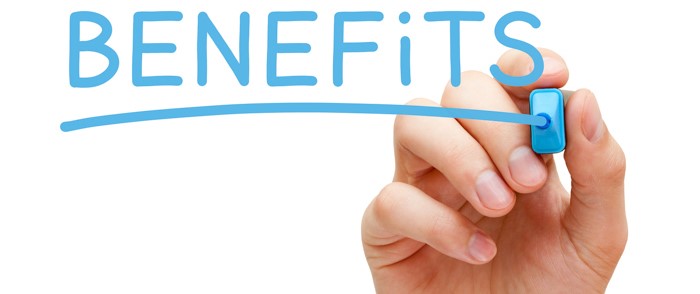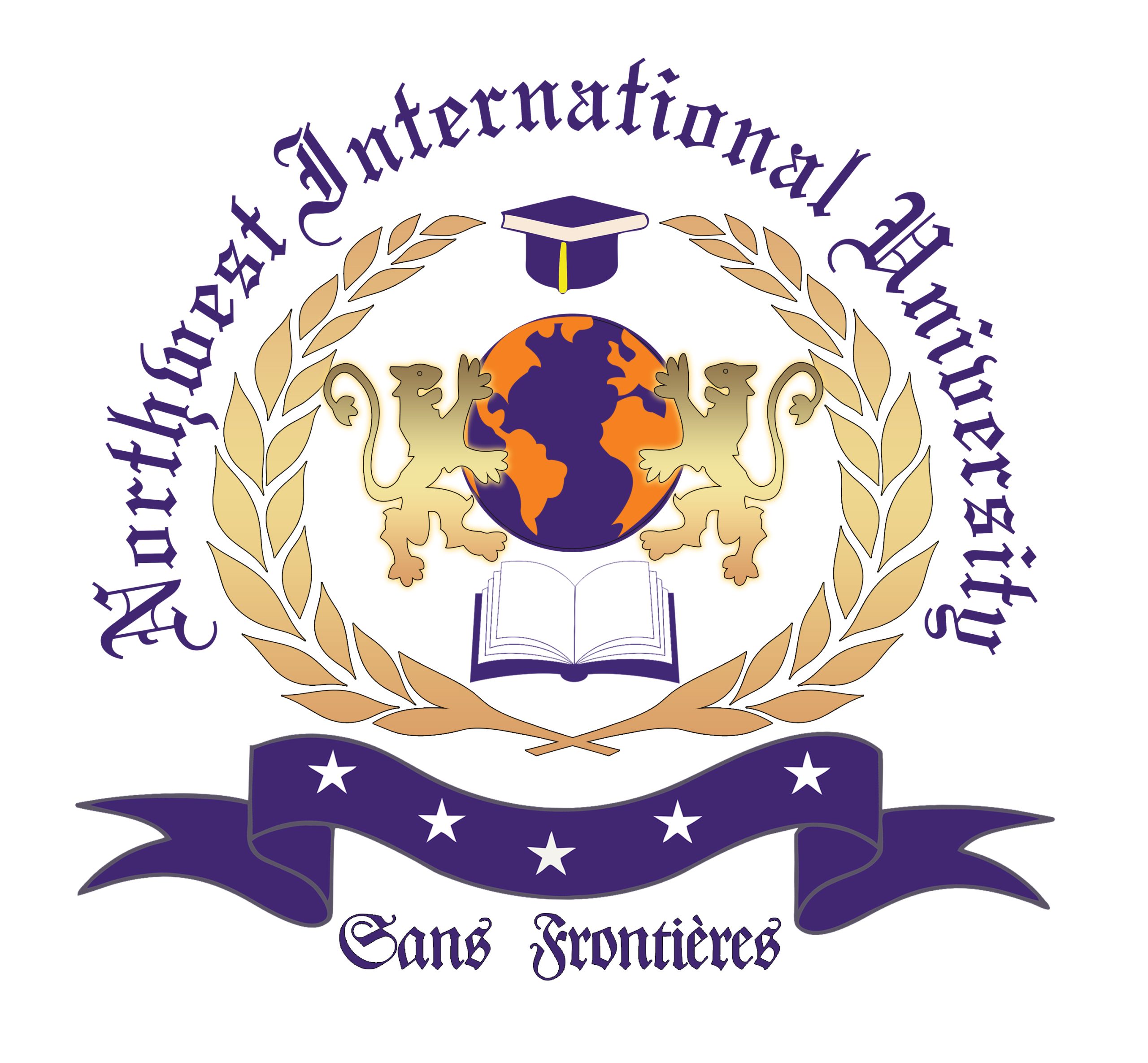P.L.A.R
Prior Learning Assessment and Recognition (P.L.A.R) is a process used by Northwest International University to offer adult learners an opportunity to have their experiential learning assessed for potential credit. PLAR helps ease the entry or return of adult learners to formal education by providing them with the chance to articulate and verify what they know and can do, against the standards required for specific university-level courses and programs.
“Challenge credits” are awarded to students so that they do not have to take courses for which they have already demonstrated knowledge and skills. For adult learners bringing prior learning into the university, PLAR can reduce the time it takes to earn a degree. Through the transfer of units and previously completed courses, and with a thorough review by the university’s evaluation board, students can receive recognition for their prior academic experience, expediting their educational journey.

You may have mastered knowledge and skills equivalent to the standards of specific university-level courses through work experience, independent study, seminars, workshops, community activities, and non-degree courses. However, it’s important to understand that credit for prior learning is awarded based on verified knowledge and skills, not solely on experience.

Extremely History of Prior Learning Assessment
Initial research into the Prior Learning Assessment practice and implementation was conducted by the Educational Testing Service, which launched a subsidiary organization dedicated only to Prior Learning Assessment. Through an ever-increasing demand for its research expertise, this special sub-group quickly became an independent non-profit organization, now known as The Council for Adult and Experiential Learning (CAEL). Since 1974, CAEL has worked with postsecondary institutions, state boards of regents, and individuals by establishing and disseminating high quality standards for the awarding of credit through assessment, by training faculty evaluators and administrators in PLA practices, and by conducting research on the outcomes of these efforts and disseminating it widely throughout the postsecondary community.
Extensive History of Prior Learning Assessment (PLA)
The origins of Prior Learning Assessment (PLA) can be traced back to early research by the Educational Testing Service, which established a specialized subsidiary solely focused on PLA. Due to increasing interest in its research and assessment practices, this unit evolved into an independent nonprofit organization—The Council for Adult and Experiential Learning (CAEL). Since 1974, CAEL has collaborated with universities, state education boards, and individuals to promote high standards in credit-awarding through assessment of prior and experiential learning. It has played a leading role in training faculty and administrators in PLA methods and publishing significant research on the outcomes of such practices.
Among its key contributions are:
“Assessing Learning: Standards, Principles, & Procedures” – a foundational guide outlining best practices for evaluating experiential learning
“Fueling the Race to Postsecondary Success” – a landmark study of 48 institutions linking PLA to improved student retention and graduation rates
While PLA is a powerful tool for validating non-traditional learning, it is not applicable to all academic courses. The decision to permit credit through PLA rests with individual academic departments, based on student needs and departmental capacity.
Note: Prior Learning Assessment and Recognition (PLAR) is only available to individuals who have been officially admitted to Northwest International University.
The P.L.A.R Process
Students must first meet with the P.L.A.R Advisor in Student & Enrolment Services to discuss the process and confirm courses available for recognition. To make an appointment with the P.L.A.R Advisor, contact us.
If courses are available for challenge credit, the student completes an application form, which includes details of the Prior Learning Assessment request. You may apply for Prior Learning Assessment on multiple occasions during your academic career at Northwest International University.
The P.L.A.R Advisor reviews the application, and, if accepted, forwards it to the relevant college, department, or program head for review. If the application is accepted by this reviewer, the student pays an assessment fee to meet with a faculty advisor, who will discuss with the student method(s) of assessment and timelines. The student and faculty advisor must sign an assessment agreement.
P.L.A.R encourages a combination of assessment strategies to evaluate a student’s breadth and depth of learning. These methods may include the more traditional university assessment method of written examination, as well as demonstrations, interviews, and oral examinations. Another assessment tool is the use of learning portfolios, which may include a variety of supporting evidence of prior learning, such as samples of work, course outlines from corporate-sponsored learning events, and skills validation certificates. You and your faculty advisor will discuss the method(s) most appropriate for assessing your prior learning.
Following the assessment by the faculty advisor, the P.L.A.R advisor will inform the student of the outcome.
What is a Portfolio?
A portfolio is a comprehensive collection of documents that showcases your past learning experiences. It highlights the skills, knowledge, and abilities acquired through various avenues such as formal education, work experience, volunteer activities, self-directed learning, and other methods of personal development. The portfolio must clearly demonstrate how this learning aligns with the specific learning outcomes of the course(s) you are pursuing.
Typically, a portfolio includes the following types of information:
- Resume
- Autobiographical statement
- Career plan description
- Translation of documented experience into measurable learning outcomes
- Documentation and verification of skills
- Job descriptions
- Letters of reference
Additionally, you will be required to substantiate your learning through the presentation of your portfolio and/or by one or more of the following assessment methods:
- Demonstration of specific skills
- Competency testing
- Submission of assignments
- Challenge exams
- Structured interviews with designated subject matter experts
Keep in mind that credit is granted based on verifiable learning outcomes, not solely on experience.

Benefits of PLAR
PLAR has several benefits. It improves access to education when formal credentials are not well understood. It helps place learners at appropriate levels within educational programs. It eliminates the need for students to study things they already know. It helps learners develop clear educational goals and plans. Research indicates that PLAR also improves learner confidence, self-esteem, and motivation to learn. If an institution’s course offerings are flexible, PLAR can reduce students’ program workloads and costs.
PLAR increases access to professions by providing important information to licensing and certification bodies about what applicants already know and can do. It can help determine if applicants are eligible to write qualifying exams or undertake placements. PLAR can help to determine if individuals need additional training, and it can reduce costs by pinpointing training needs more accurately.

How to apply
To have your prior learning recognized and accredited, you must apply for it. You can do this by completing the relevant section of the online application form.
If you have already submitted your application but now wish to request recognition of your prior learning, please contact us.
When applying for Prior Learning Assessment (PLAR), applicants can qualify either with an academic diploma or a combination of education and work experience. You can also combine post-high school education and work experience to meet the total qualifications required.
Do not overlook courses taken at non-accredited institutions, such as job-related training, seminars, workshops, and vocational training. These courses are acceptable if they meet the following criteria:
- The courses are accepted for advanced credit at an accredited institution.
- The institution’s transcript is fully recognized by a state university.
- The courses have been evaluated and approved by a state department of education.
- The coursework has been evaluated by an organization recognized for accreditation by the Council of Post-Secondary Accreditation.
The prior learning experience in the careers and jobs listed on the website below will be acceptable for the PLAR process by the scientific evaluation boards of Northwest International University.
Important Notice: Northwest International University Does Not Award Degrees Based on Life or Work Experience
At Northwest International University, we take immense pride in the quality and integrity of our academic programs. We do not award degrees based solely on life experience, work experience, or any form of prior learning without the completion of the required academic coursework and rigorous evaluation.
Our university is not a diploma mill, nor do we participate in practices where degrees are awarded without academic achievement. The degrees offered by Northwest International University are earned through a comprehensive and structured educational process that involves carefully designed curricula, research, examinations, and continuous academic engagement. These programs are developed to provide students with in-depth knowledge, critical thinking skills, and the necessary tools to succeed in their chosen fields.
We firmly believe that education is not only about completing assignments but also about intellectual growth, practical learning, and acquiring the expertise required for future success. Our commitment is to provide an academic environment that challenges students, pushes them to excel, and ensures that every degree awarded represents true academic accomplishment and competence.
It is essential to clarify that our approach to education is deeply rooted in academic excellence, and every student who graduates from Northwest International University has met the high standards set by our institution. We emphasize rigorous assessment methods and focus on cultivating a comprehensive learning experience that prepares students for real-world challenges. Degrees from Northwest International University are not granted based on life experience alone but are earned through a combination of academic effort, research, and practical engagement.
Our dedication to quality education ensures that our graduates are not only well-prepared for the professional world but are also equipped with a respected degree that holds value across industries and international borders.
